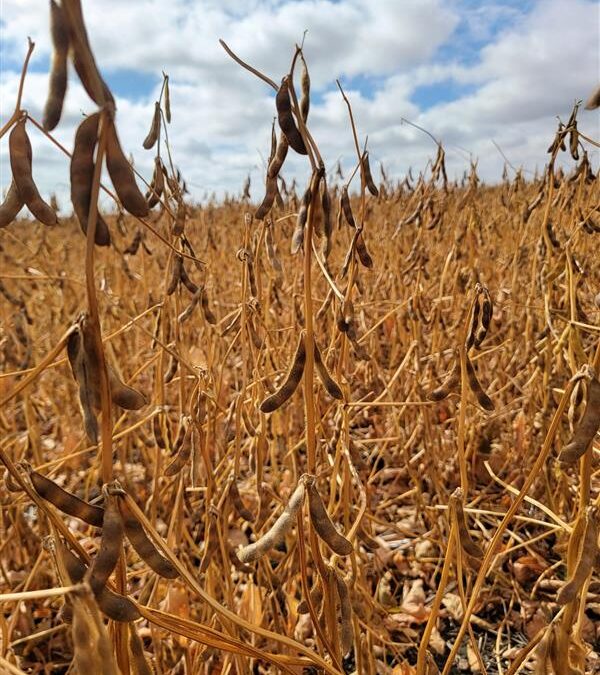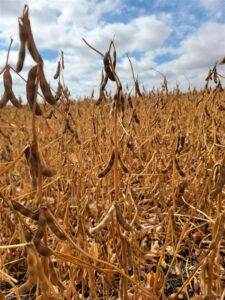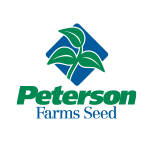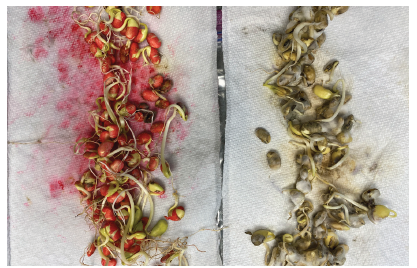Looking for an Extra $3 Per Bushel? Consider IP Beans in 2025

Specialty crops like IP beans and high-protein field peas command this kind of premium. Maybe it could be a fit for your farm.
Check out which IP soybean varieties fit in your geography!

Hana soybeans ready to harvest
Peterson Farms Seed’s first step into niche market programs was with IP soybeans. IP, or ‘Identity Preserved,’ is nothing more than a conventional soybean, generally used for food products or processing for specific markets. These markets value the certainty that the soybeans purchased are all the same type and are not combined or contaminated with any GMO products or other crops. These contracts are similar to what you might see with a food-grade bean contract.
Buyers in these markets are willing to pay extra to compensate for the increased effort needed to maintain purity. This brings us both to the point of these programs and the reason for our involvement.
We have all seen the market volatility the past year and felt the squeeze that volatility has put on profit margins. Corn is more expensive to grow than ever, with prices that don’t reflect higher input costs. And increased global commoditization of soybeans has left us with less than stellar prices. The bottom line is that making money on the farm is getting more difficult. Enter specialty programs.
Growing identity-preserved crops, for example, IP soybeans, may be an option. For a farmer willing to take the necessary steps, growing IP varieties under contract will provide them, on average, an extra $3 on EVERY bushel. Do the math on that. With a farm average of 45 bu/A beans, that $3/bu premium pencils out to over $20,000 in extra profit for a quarter!
“But hey, aren’t conventional soybean varieties lower yielding? If I’m going to lose yield, that will eat up my $3!”
The IP soybeans in our program yield right with our already stellar traited varieties. In one example, on the early side, our IP soybean, Hana, outyielded all the traited products on a customer’s farm!
“Ok, but conventional soybeans require more weed control, and the chemical options are more expensive!”
Weed control can be more challenging with a conventional system. That’s why this program has an extra financial incentive to compensate for additional work during the growing season. Proper planning with rotation, fall burndown, residuals, and PREs will go a long way in helping with weed control. As for cost, that will be dependent on your chemical supplier and the year. In the last few years, a three-pass year in a conventional system has been very comparable to a traited system.
In the end, we know these programs aren’t for everyone. However, we’re happy to bring this opportunity to farmers who are interested in another avenue to profitability.











